by Bethany Romano
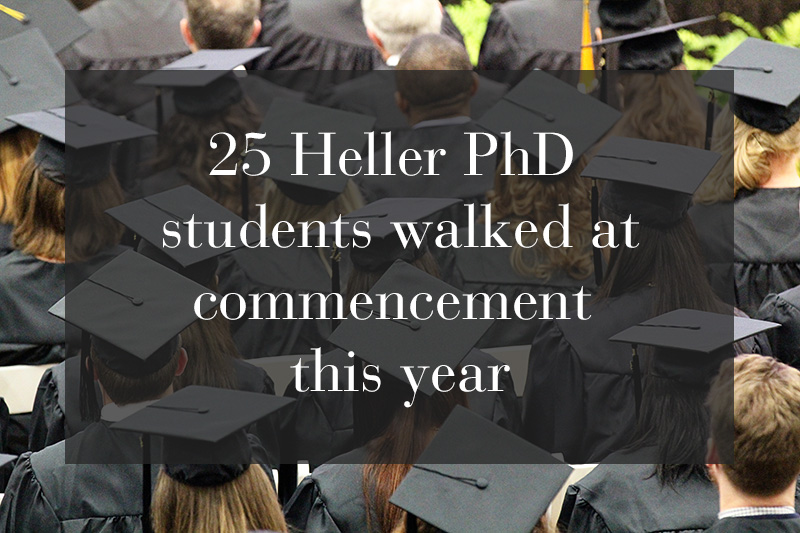
Interim Dean Marty Krauss, PhD ’81, called it “an extraordinary year for our celebrated PhD program.” In fact, Heller has not graduated this many PhD students at a single time in over a decade. While in years past, PhD graduates typically accounted for about a dozen of the Heller students walking at commencement, the size of this year’s doctoral group illustrates an incredible range of talent, interests and social policy expertise. “It will be so exciting to watch their careers flourish as they assume leadership positions in various research, academic, and social justice organizations and agencies,” Krauss says.
Professor Allyala Nandakumar, director of the PhD program, agrees. “It was truly uplifting and gratifying to see so many PhD students graduate this year,” he says. “They are a diverse and incredibly talented group whose dissertation topics represent the breadth and depth of their inquiry into issues critical to social policy. Upon graduation they will go on to become leaders in academia, government, consulting firms, non-profits and international agencies.” This year’s graduates join an impressive network of over 3,600 alumni in 127 countries. In true Heller fashion, the following 25 doctoral dissertations they bring into the world represent a spectrum of new scientific knowledge.
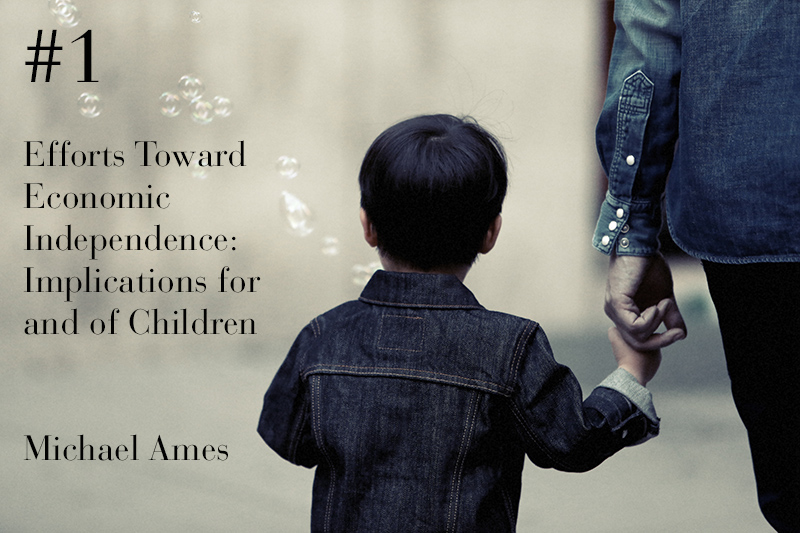
2. Jodi Rose Benenson, “Civic Engagement as a Pathway toward Economic Opportunity: A Multimethod Study of Low-income Individuals”
3. Meredith Bergey, (PhD in Social Policy and Sociology) “The Rise of Attention Deficit Hyperactivity Disorder (ADHD) Coaching: The Social Meanings and Policy Implications of a New Approach for Managing ADHD”

5. Donna Gallagher, “Factors Shaping African American Women’s Use of HIV Medication and Participation in HIV Medication Research”
6. Caroline Shanti, “Understanding home visitor ability to engage parents: Investigating the home visitor experience and context”
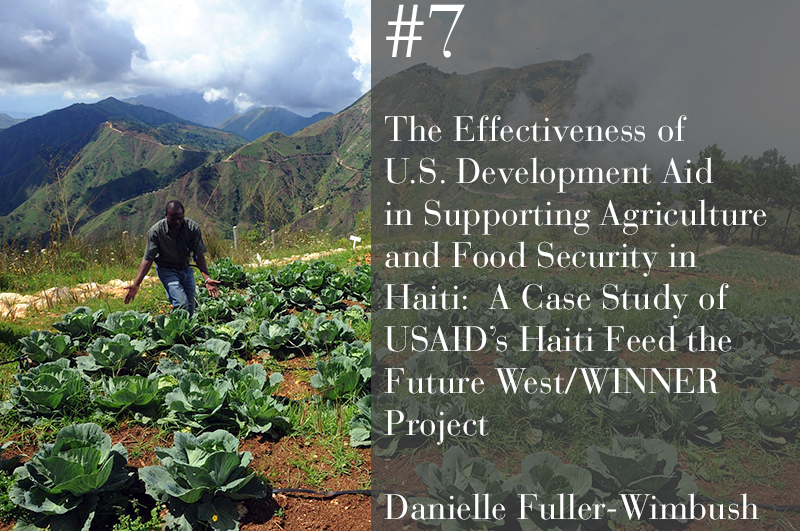
8. Julie Katherine Johnson, “Do State Liberalized Marijuana Policies Affect Adolescent Marijuana and Alcohol Use? A State-Level Analysis”
9. Ramandeep Kaur, “Factors associated with delivery system performance using Medicare ‘bundled payments’ criteria: a multi- level analysis”
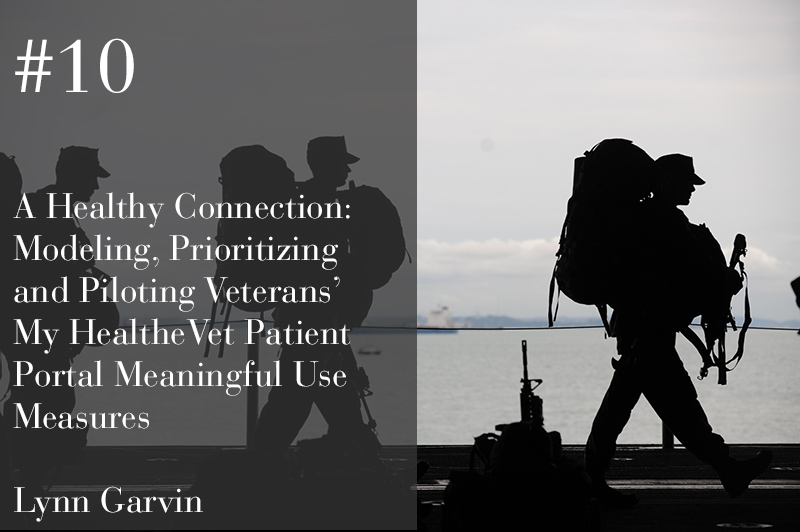
11. Julie Lowell, “Formerly Housing-Insecure Families in Subsidized Housing: An exploratory study of family well-being after experiencing housing instability”
12. Christina Marsh, “Post-Acute Care: Placement and Outcomes for Medicare Beneficiaries with a Pneumonia Admission”
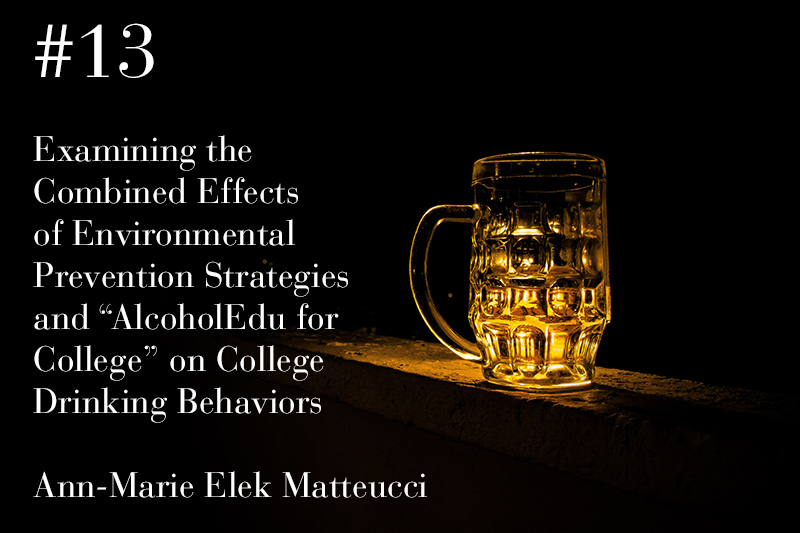
14. Abeer RJ Musleh, “The Change of the Field of Youth Engagement and Development in the oPt: A Comparison Across Three Eras”
15. Amity Quinn, “Alcohol And Drug Use Disorder Treatment Delivery and Payment Reform: A Mixed Methods Study in Massachusetts”
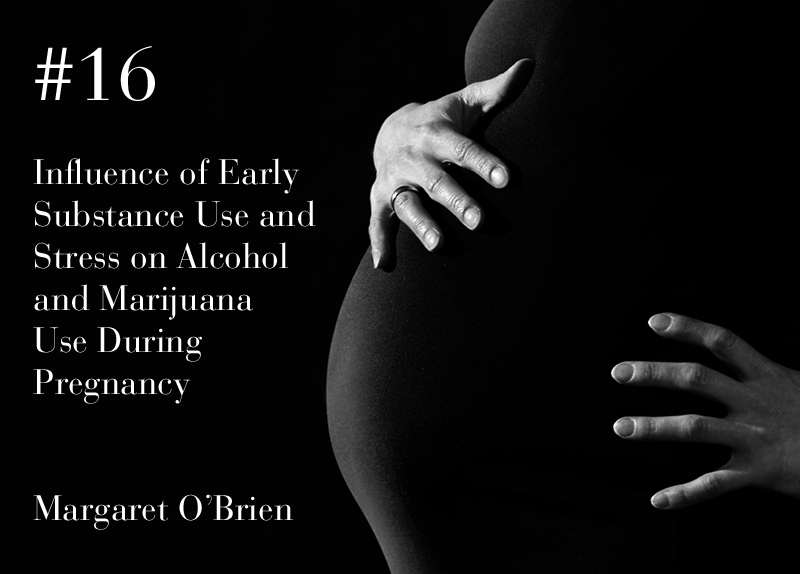
17. Jenna T. Sirkin, “On the Road to ‘Meaningful Use’ of Electronic Health Records: Examining implementation in federally qualified community health centers”
18. Eduardo Undurraga, “Unraveling development: Three essays on structural determinants of human capabilities”
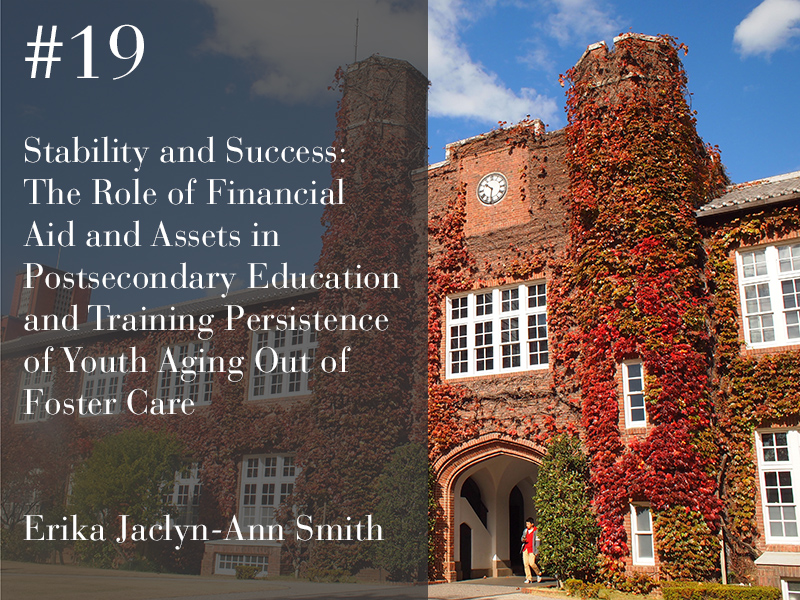
20. Casey Fryer Sweeney, “Usual Sources of Care: Improving Non-Elderly Adult Health Care Experience and Health Status in the U.S.”
21. Cynthia Tschampl, “Triple Jeopardy: Three analyses where care coordination, migration, and tuberculosis intersect”
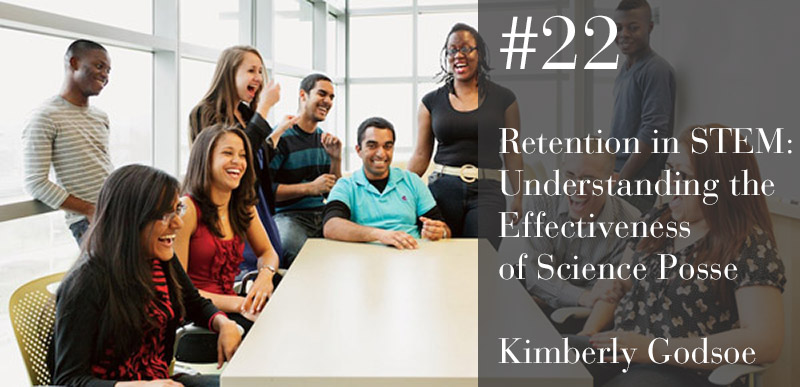
23. Amy Booxbaum, "Investigating within and between group experiences: The impacts of trauma, community violence and racism on delinquency among African American, Multiracial and White detained youth"
24. Rebekah Zincavage, “My sibling’s keeper: Mental illness, family dynamics and responsibility among adult siblings”
25. Saeid Shahraz, "Accuracy of medical coding algorithms to identify complex conditions in United States hospitals: The case of sepsis"
